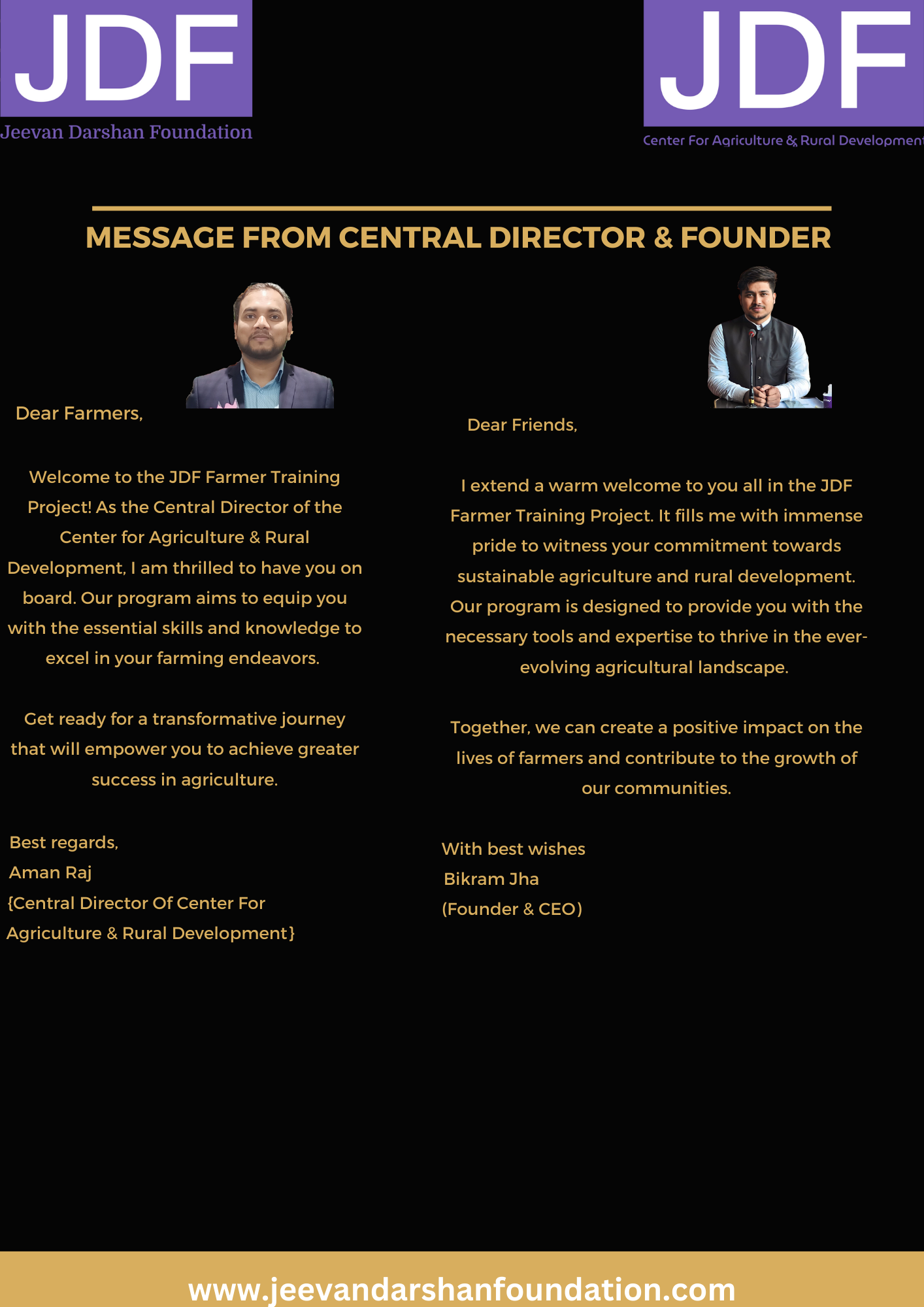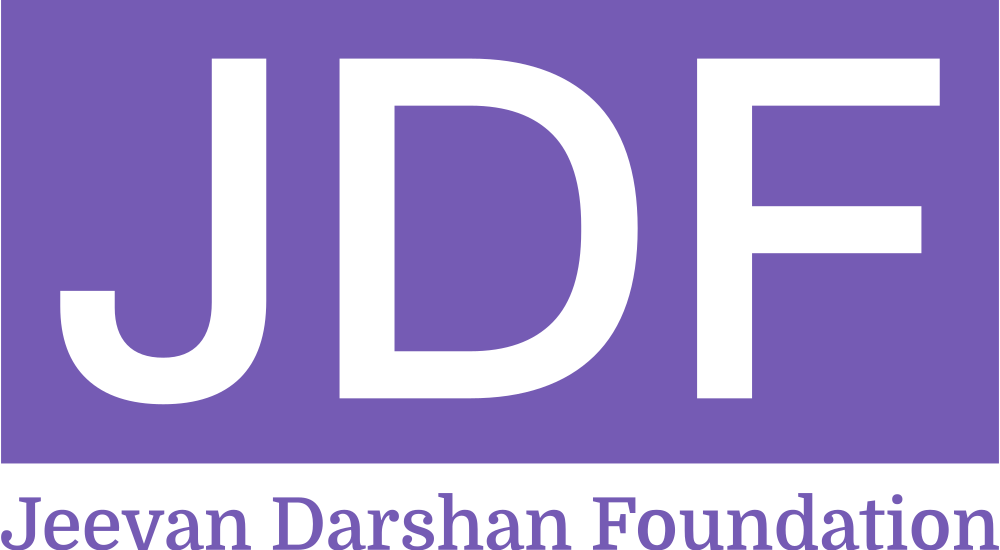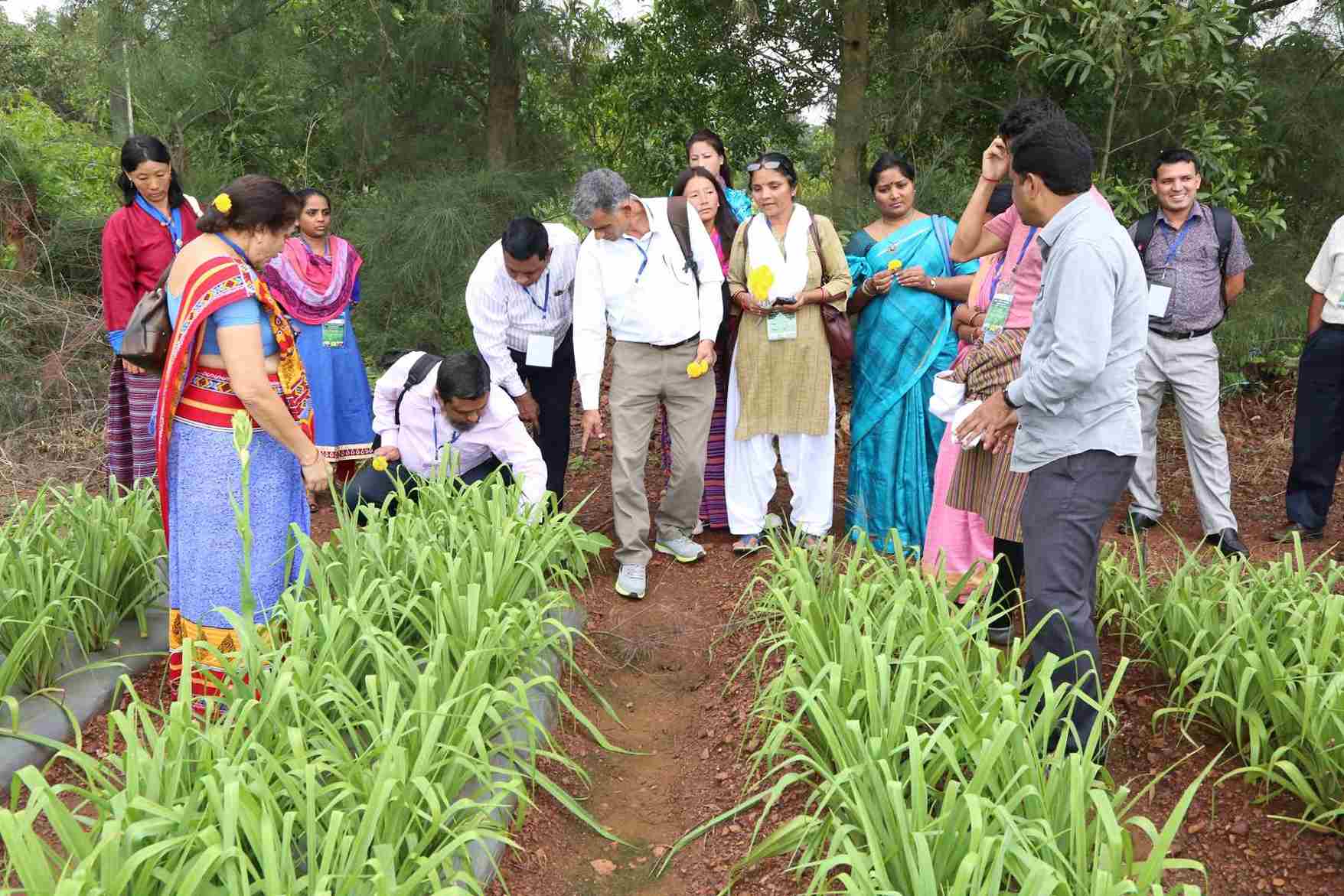Empowering Rural Communities through Agriculture
Agriculture plays a vital role in the economic growth and development of a country, and farmers are the backbone of the agricultural sector. However, many farmers face several challenges related to low productivity, lack of knowledge about modern farming practices,
and inadequate access to resources like seeds, fertilizers, and machinery.
To address these challenges, various training programs have been designed to provide farmers with the necessary knowledge and skills to improve their agricultural practices.
One such training program is the Farmer Training Program By Center For Agriculture & Rural Development (CARA) under the umbrella of Jeevan Darshan Foundation (JDF), which aims to provide training to farmers on various aspects of agriculture. The program is designed to cover a wide range of topics,
including crop selection, soil management, pest control, and post-harvest handling. Farmers are taught the latest farming techniques and technologies, which help them to increase their productivity and yield.
Moreover, the program also covers topics like financial management, marketing, and government policies related to agriculture.
Nourishing the Soil, Growing the Future
Crop selection is a crucial aspect of agriculture, and farmers need to choose the right crop based on the climate, soil type, and other factors. The training program helps farmers to understand the different types of crops and their suitability for a particular area. Farmers are also taught about the latest crop varieties and how to choose the right seeds to maximize their yield.
Sowing the Seeds of Change, Reaping the Fruits of Progress
Soil management is another critical aspect of agriculture, and farmers need to understand the different soil types, their properties, and how to manage them effectively. The training program teaches farmers about soil testing, soil fertility management, and how to improve soil health. They are also taught about the use of organic and inorganic fertilizers, crop rotation, and intercropping to improve soil fertility.
Pest control is also an essential aspect of agriculture, and farmers need to learn how to control pests and diseases effectively. The training program teaches farmers about different pests and diseases and their control measures. Farmers are also taught about integrated pest management techniques that combine biological, chemical, and cultural methods to control pests.
Post-harvest handling is crucial for preserving the quality and value of agricultural produce. The training program teaches farmers about proper harvesting techniques, storage, and transportation methods to ensure that the produce reaches the market in good condition. They are also taught about value addition techniques like processing and packaging to increase the value of their produce.
To the above topics, the Farmer Training Program also covers topics like financial management, marketing, and government policies related to agriculture. Farmers are taught about financial planning, budgeting, and managing their finances effectively. They are also taught about marketing their produce, negotiating prices, and accessing different markets. Moreover, the program covers government policies related to agriculture, including subsidies, crop insurance, and other support measures.
The Farmer Training Program is an essential initiative by Center For Agriculture & Rural Development (CARD) that aims to provide farmers with the necessary knowledge and skills to improve their agricultural practices. This program covers a wide range of topics, including crop selection, soil management, pest control, and post-harvest handling. Moreover, it also covers topics like financial management, marketing, and government policies related to agriculture. By participating in this program,
farmers can improve their productivity, yield, and income, and contribute to the overall growth and development of the agricultural sector.
To make the Farmer Training Program more practical, This will be delivered through a combination of classroom sessions, field visits, and hands-on training sessions. The classroom sessions can cover the theoretical aspects of agriculture and related topics like financial management and marketing. Field visits can help farmers to observe and learn about best practices in agriculture in their own area. Hands-on training sessions can allow farmers to practice and apply what they have learned in the classroom and in the field, making the training more
interactive and engaging. Additionally, the program will be supplemented with digital resources like online modules and videos that farmers can access on their own time to reinforce their learning.




